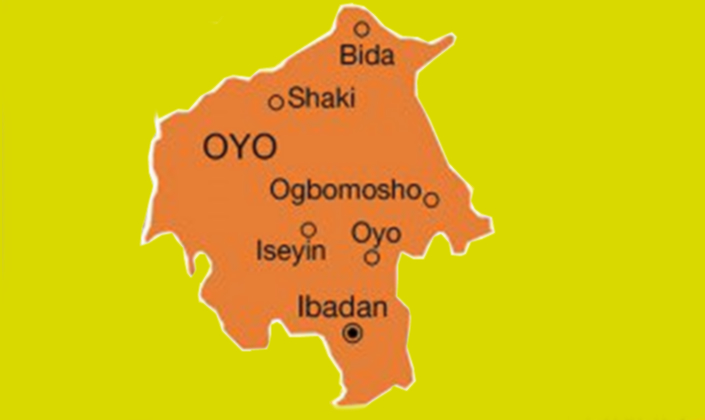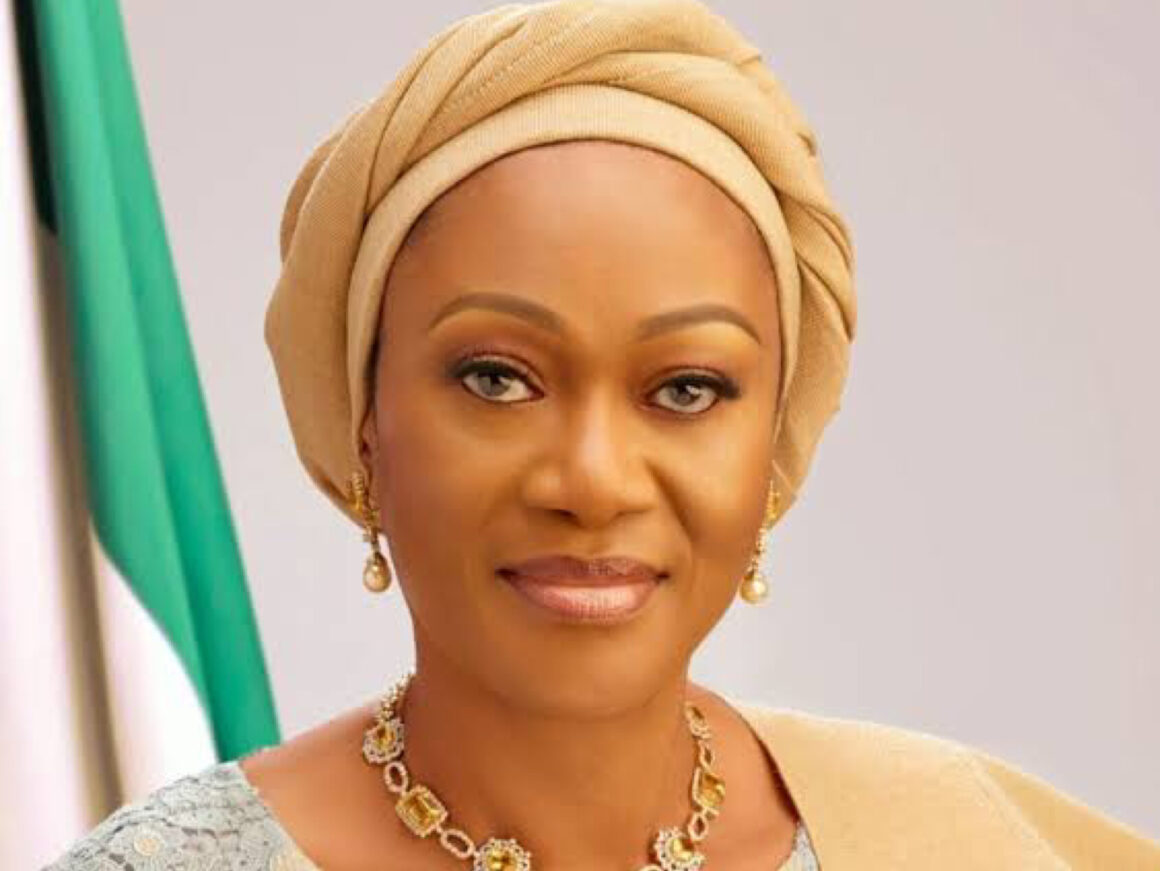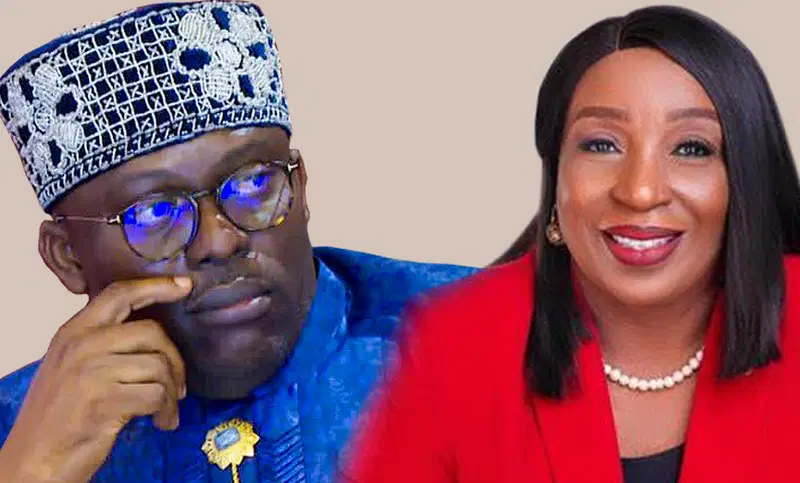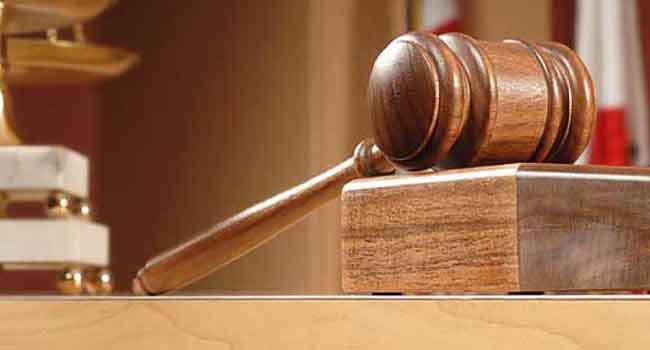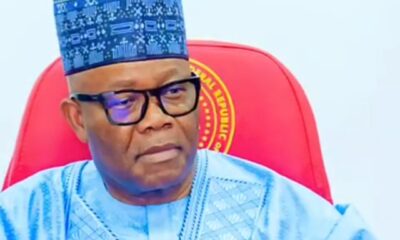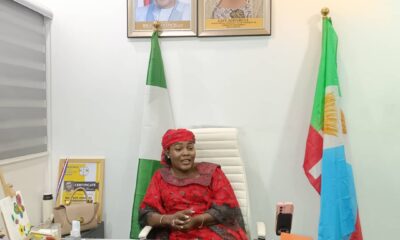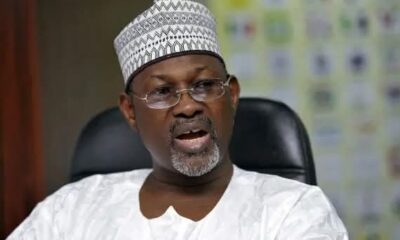National News
Tinubu seeks NASS approval for foreign, domestic loans
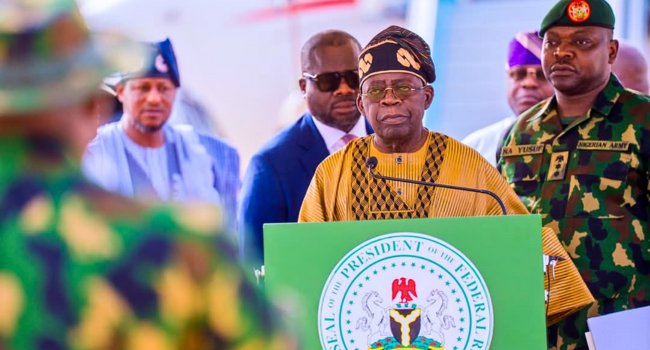
President Bola Ahmed Tinubu has formally requested the National Assembly’s approval to secure loans from both domestic and foreign sources to finance key government projects and obligations.
The requests were detailed in three separate letters addressed to the Senate and the House of Representatives. These were read during Tuesday’s plenary sessions by Senate President Godswill Akpabio and Speaker of the House Abbas Tajudeen.
The letters outlined a range of borrowing initiatives, including capital grazing funds, the Federal Government of Nigeria’s (FGN) 2025–2026 External Borrowing Plan, and a request to issue domestic bonds aimed at settling pension liabilities under the Contributory Pension Scheme.
Specifically, the President is seeking parliamentary approval to borrow $2 billion for capital grazing, $21.54 billion, €2.19 billion, ¥15 billion, a €65 million grant, and ₦757.98 billion.
In one of the letters, addressed to the House of Representatives, President Tinubu stated: “The House is invited to note that the 2025–2026 Borrowing Plan covers all sectors, with a particular focus on infrastructure, agriculture, healthcare, education, water supply, economic growth, security, employment generation, and fiscal and monetary reforms.
“The total facility under this plan includes $21,543,647,912, €2,193,856,324.54, ¥15 billion, and a €65 million grant.
“Given the removal of the fuel subsidy and its subsequent impact on the economy, it is imperative that this borrowing plan be approved to enable government intervention across key sectors.
“This initiative is expected to stimulate job creation, promote skill acquisition, support entrepreneurship, reduce poverty, and improve food security and overall livelihoods across Nigeria. The majority of the projects and programmes will be implemented across all 36 states and the Federal Capital Territory.”
The President highlighted the urgent need to bridge the nation’s infrastructure gap in the face of dwindling revenues. He said the borrowed funds would be directed towards critical projects, including transport and healthcare, and urged lawmakers to approve the plan for timely implementation.
In a separate letter, President Tinubu requested legislative approval for the issuance of domestic bonds to offset pension arrears owed to retirees under the Contributory Pension Scheme.
He explained: “The Federal Government is requesting the approval of the National Assembly to issue FGN bonds in the domestic market through the Debt Management Office (DMO) to settle outstanding pension liabilities amounting to ₦757,983,246,572 as of February 2023.
“The Pension Reform Act 2014 mandates the government to contribute five per cent of monthly wages into the Redemption Fund to address pre-2004 pension liabilities. Sections 15, 39, and 6 of the Act also recognise the rights of certain categories of workers, such as university professors, to retire on full salaries and provide for government funding of any shortfall in their retirement savings accounts.
“Furthermore, the Act establishes the Pension Protection Fund, requiring the Federal Government to contribute one per cent to ensure a minimum pension guarantee for retirees with depleted savings.”
Tinubu acknowledged that government non-compliance with the Pension Reform Act over the years, due to revenue challenges, has resulted in accumulated arrears. He stressed the importance of resolving these obligations to restore trust in the pension system.
“This borrowing represents an investment in human capital development and is permitted under the Fiscal Responsibility Act 2007. It will help retirees meet essential needs, such as housing, healthcare, and education for dependents—thereby improving their welfare and potentially enhancing their productivity and morale.
“Although it will increase the public debt stock and debt servicing obligations, settling pension arrears is expected to boost liquidity and stimulate economic growth.”
President Tinubu also sought parliamentary approval for the establishment of a foreign currency-denominated issuance programme in the domestic debt market.
According to the President, the proposed capital raise of up to $2 billion, would be executed by the Debt Management Office under the 2023 Presidential Executive Order on Foreign Currency Denominated Financial Instruments (Local Issues Programme).
He explained that the proceeds from this initiative would be channelled into sectors with the potential to drive economic growth, enhance infrastructure, create jobs, and boost foreign exchange inflows. Additionally, it would provide local investors with dollar-denominated investment options, deepen Nigeria’s financial markets, and strengthen foreign reserves, all while promoting exchange rate stability.
Tony Akowe
-

 News4 hours ago
News4 hours agoOpposition Reps raise alarm over alleged non-implementation of 2025 budget
-

 World News4 hours ago
World News4 hours agoNigeria’s exports to Africa hits N4.82trn
-

 Business4 hours ago
Business4 hours agoCurrency outside Banks rises 10.2% as money supply expands
-

 National News4 hours ago
National News4 hours agoClean Energy key to survival, healthy living — Remi Tinubu
-
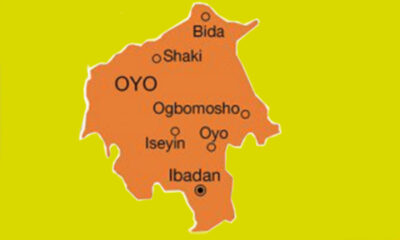
 Metro4 hours ago
Metro4 hours agoPolice Inspector killed as officers rescue kidnap victim in Oyo
-

 News28 minutes ago
News28 minutes agoBREAKING: Soludo orders closure of Onitsha Main Market over sit-at-home defiance


